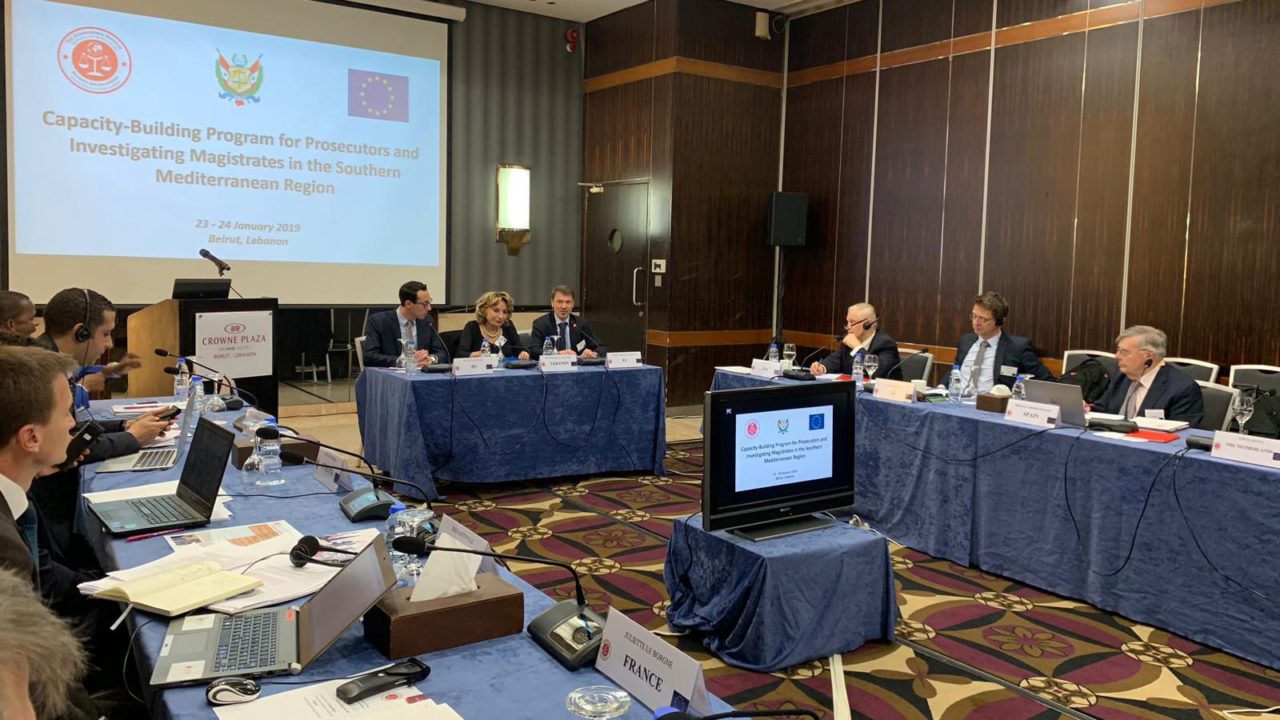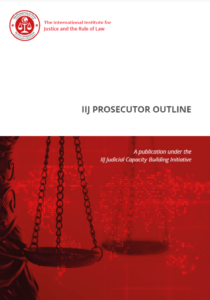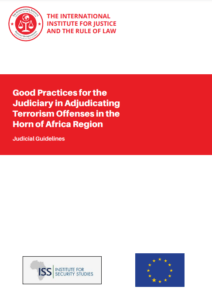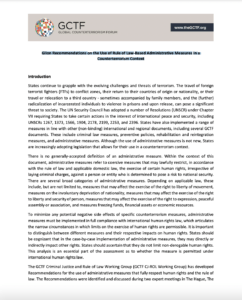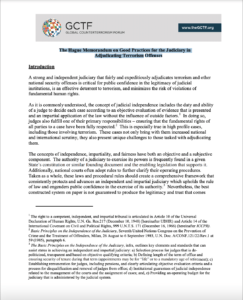Judicial Capacity-Building Initiative
Judicial actors – judges, investigating magistrates, prosecutors and defense counsel – play a central role in the conduct of fair trials, including by encouraging robust prosecution, ensuring that defendants’ rights are protected, and delivering effective verdicts.
The Judicial Capacity-Building Initiative encompasses a variety of activities through which the IIJ is providing training for judicial actors in the IIJ’s geographic focus areas. The Initiative supports judicial actors in their handling of terrorism cases within a rule of law framework through the implementation and operationalisation of the GCTF’s The Hague Memorandum on Good Practices for the Judiciary in Adjudicating Terrorism Offenses, the GCTF’s Glion Recommendations on the Use of Rule of Law-Based Administrative Measures in a Counterterrorism Context, and related IIJ, UN and other tools and frameworks.
One of the IIJ’s oldest and most diverse Core Initiatives, the Programmatic Unit has worked collaboratively with practitioners, donors and partner organisations to design and deliver tailored capacity-building in the Sahel, Horn of Africa, East and West Africa, and the Southern Mediterranean region.
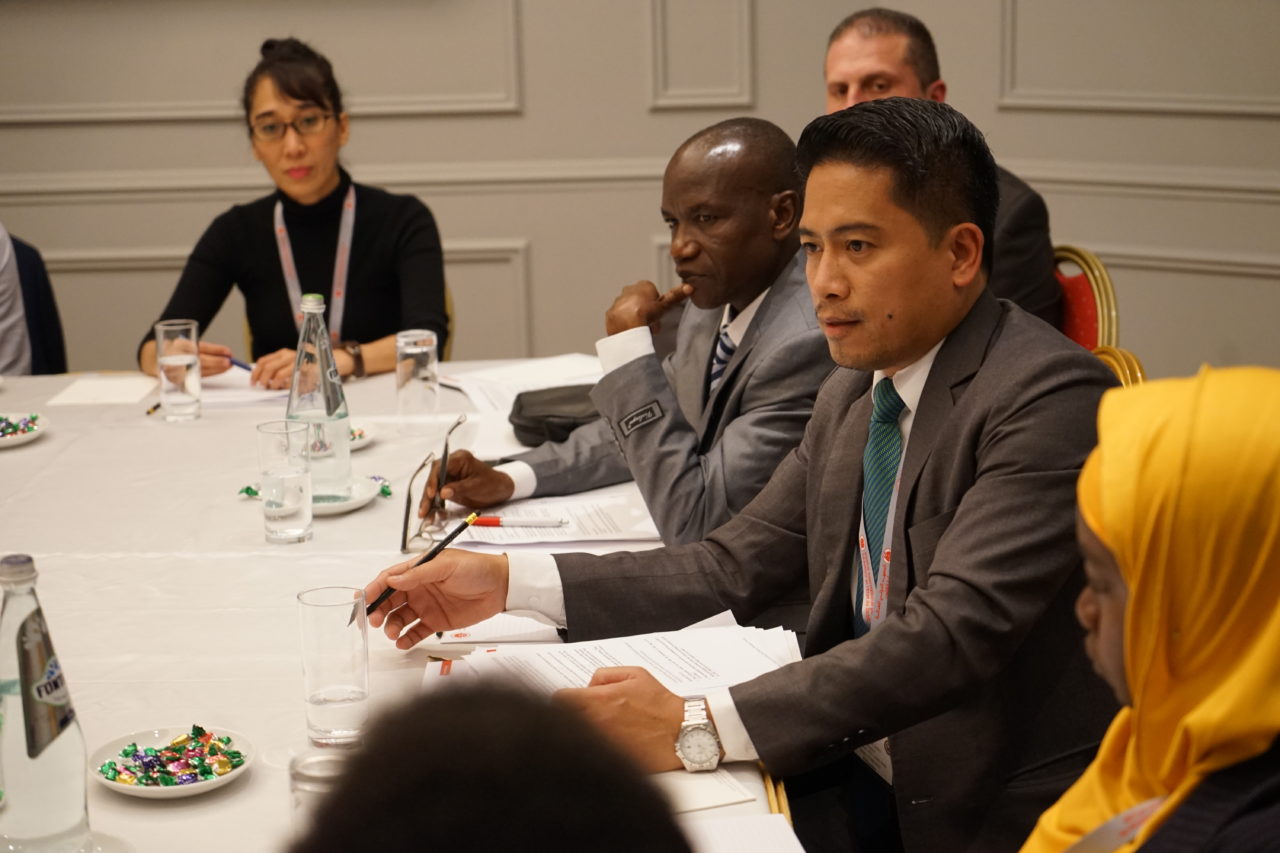
With support from the






Delivering Remote Hearings & Safeguarding Rights During the COVID-19 Pandemic
Dr. Nasser Al Salamat, President of the Civil Authority, State Security Court, Hashemite Kingdom of Jordan, used his training to deliver remote hearings during the COVID-19 pandemic while ensuring full participation of all parties and safeguarding the defendant’s rights to a fair trial.
Judge Nasser presided over the first remote hearing in a terrorism case in Jordan, conducted via videoconference, with the prosecution, defence attorney and the justice panel located in the courthouse, and the defendant participating from the facility in which he was incarcerated. The IIJ – UNODC/TPB expert meeting assisted him in understanding the technical requirements needed to conduct a remote hearing while safeguarding the defendant’s right to a fair trial. Following the expert meeting, Judge Nasser met with the court’s information technology team and the incarceration facility staff to ensure that both the courtroom and the detention facility had sufficient audio and visual equipment to capture the proceedings from all angles, ensuring the parties’ ability to participate meaningfully in the proceedings.
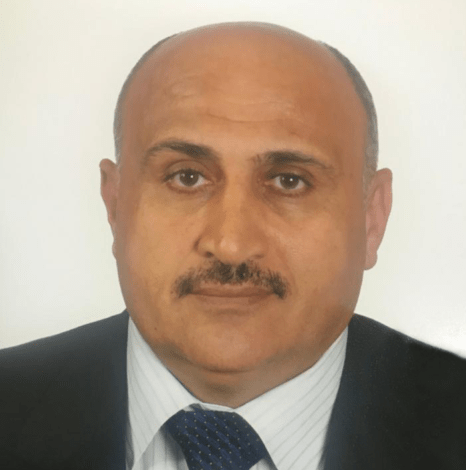
In Action
IIJ Judicial Capacity-Building Initiative: Specialised Training for the Judiciary – Early Post-Terrorist Attack Management
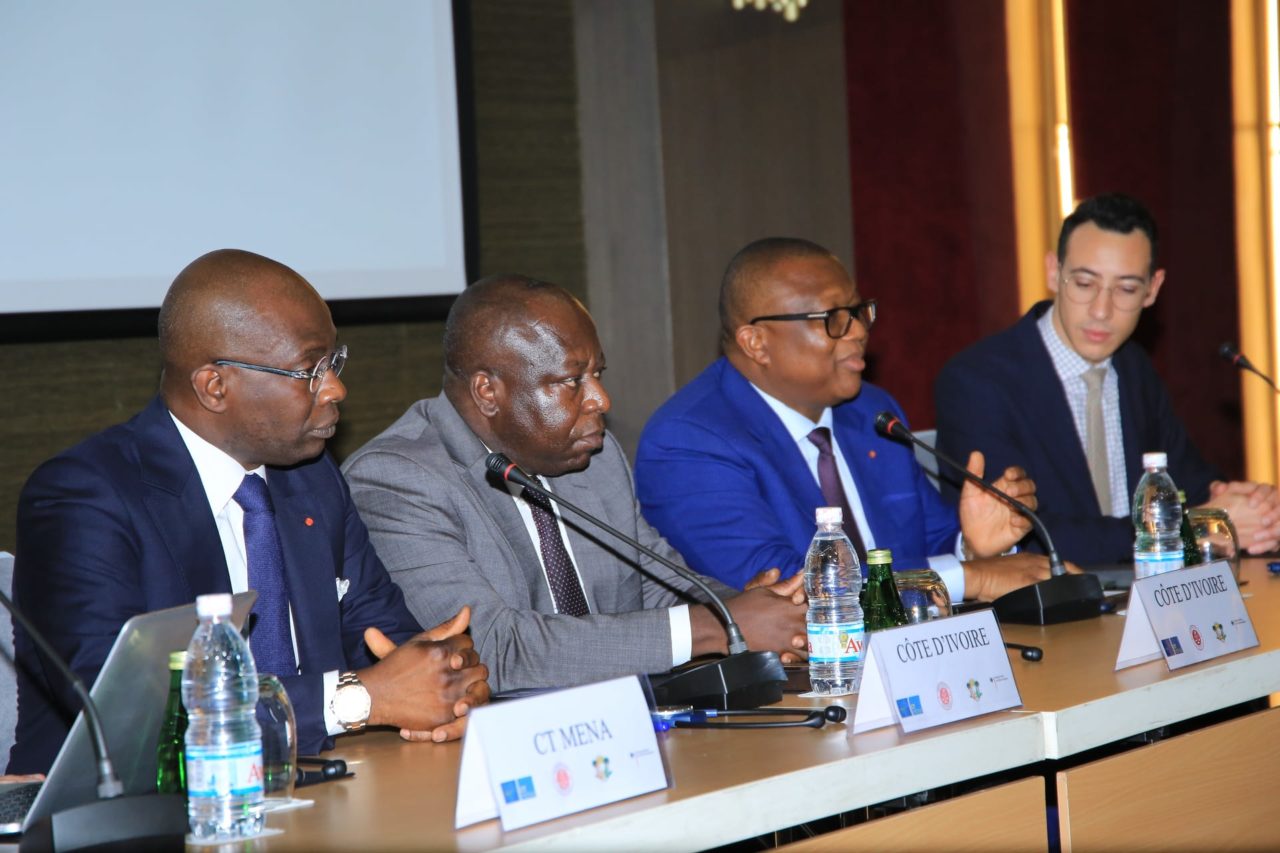
IIJ Judicial Capacity-Building Initiative: West Africa Regional Workshop on Evidence & the Abuja Recommendations
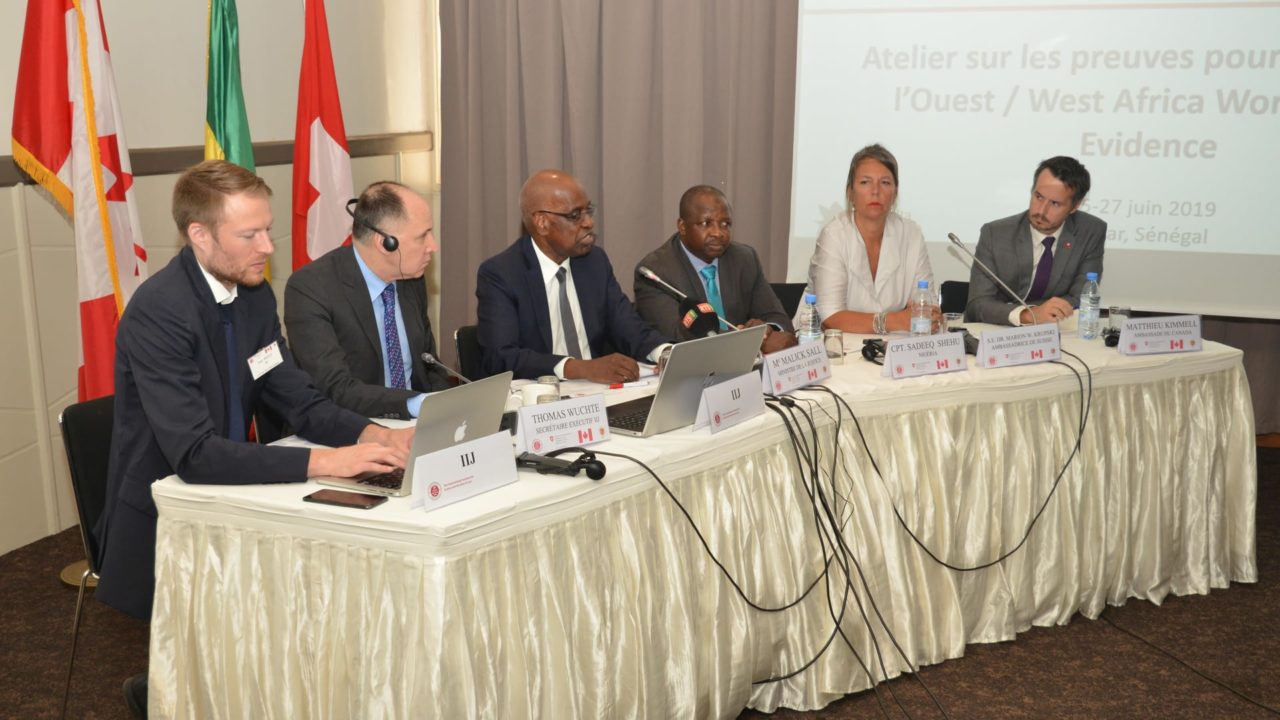
IIJ Judicial Capacity-Building Initiative: Prosecutors in the Southern Mediterranean
